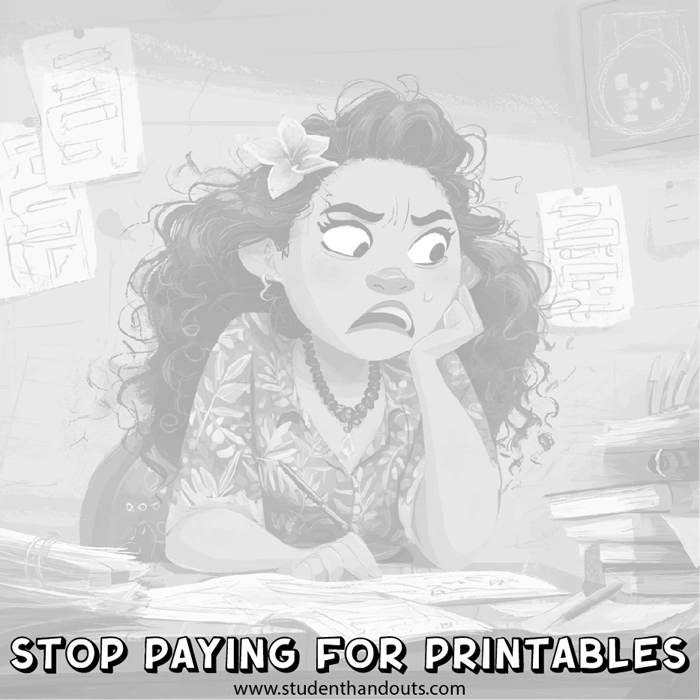Writing personal stories is a vital skill for primary school students because it helps them develop both academic abilities and emotional intelligence. When children write about their own experiences, they practice organizing thoughts, using descriptive language, and applying proper grammar in an authentic way. This strengthens their communication skills while making writing feel relevant and engaging.
On a deeper level, personal storytelling encourages self-reflection. As students describe meaningful moments—whether joyful, challenging, or funny—they learn to process emotions and understand their own identities. Sharing these stories with classmates also builds empathy, as children discover common ground and appreciate different perspectives.
Teachers can use personal narratives to make lessons more inclusive, valuing each student's voice and background. The process boosts confidence, especially for reluctant writers, by showing them their stories matter.
Finally, this foundation prepares students for future writing tasks, from persuasive essays to creative projects. By connecting writing to real life, personal stories foster a lifelong appreciation for self-expression and storytelling.
|

















































